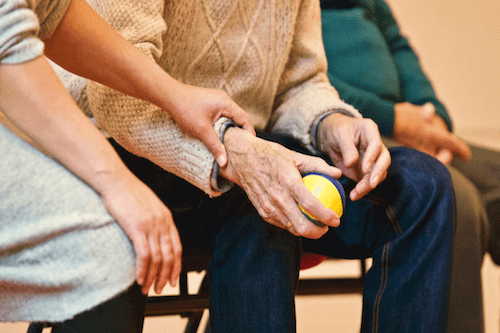
Welcome to November! This month, we celebrate Election Day, Veterans Day and of course, Thanksgiving. However, one major celebration which can often goes unnoticed is National Family Caregivers Month. What began as National Family Caregivers Week in 1997 has now blossomed into a full month’s worth of recognition and appreciation for caregivers across the United States.
As President Obama stated in 2012 during the NFC Month Proclamation, “Family members, friends and neighbors devote countless hours to providing care to their relatives or loved ones. During National Family Caregivers Month, we recognize and thank the humble heroes who do so much to keep our families and communities strong.” Caregiving is a valuable position in our community which often goes unrecognized. Let’s look at what National Family Caregivers Month is and how you can celebrate it.
What is National Family Caregivers Month?
Caregiver Action Network originally established National Family Caregivers Month as a week-long celebration in 1994. Then, in 1997, President Clinton signed the first NFC Month Presidential Proclamation. Since then, every president has followed suit by issuing an annual proclamation which recognizes and honors family caregivers. The month has also taken on its full-form and grown into an immersive experience of recognizing and supporting caregivers. NFC Month encourages and enables all of us to:
- Raise awareness of family caregiver issues.
- Celebrate the efforts of family caregivers.
- Educate family caregivers about self-identification.
- Increase support for family caregivers.
For those of us who strive to live an altruistic lifestyle, the month of November is the perfect opportunity to consider caregiving roles in the community and the impact they have.
Each year, Caregiver Action Network chooses a theme to recognize the month and spearhead the national celebration. This year’s theme is Supercharge Your Caregiving! From their website, Caregiver Action Network states: “Caregivers are superheroes. Managing medications. Getting to doctor appointments. Balancing work and home. How can family caregivers handle it all? Even superheroes need tools! Thankfully, new caregiving tools can help lighten the load.” The month focuses on the crucial work caregivers provide, and emphasizes how tools and individuals can come alongside caregivers to support them.
How can you celebrate National Family Caregivers Month?
So now that you know what National Family Caregivers Month is, how can you celebrate and support it in your community? First and foremost, identify what a caregiver is, because chances are you have one in your life. Loosely defined, a caregiver refers to a family member or paid helper who regularly looks after a child, or a sick, elderly or disabled person. For instance, the average family caregiver is a working mother of school-aged children. However, as parents age, many children can even become caregivers to their parents. Caregiving means tracking schedules, managing medications, helping with physical ailments and juggling multiple responsibilities during the day. The term “caregiver” can mean a lot of different things to different people, and it can present itself in various ways. The important thing is to maintain a loose definition for caregivers, in order to better recognize caregivers you might come in contact with.
This National Family Caregivers Month, the greatest thing you can do to get involved is show a caregiver how much you appreciate them. Write a caregiver a thank you note, cook them dinner or simply buy them flowers. More often than not, caregiving is a 24-hours a day, seven-days a week job. There are few—if any—breaks. Show how much caregivers mean to you by giving them a break. Take them out, show them they are appreciated and consider how you can say thank you.
Caregiving is no easy task, so National Family Caregivers Month intends to show appreciation, recognition and gratitude to the caregivers in our lives. This November, thank the caregivers you know for everything they do to make a difference for their families and communities.
